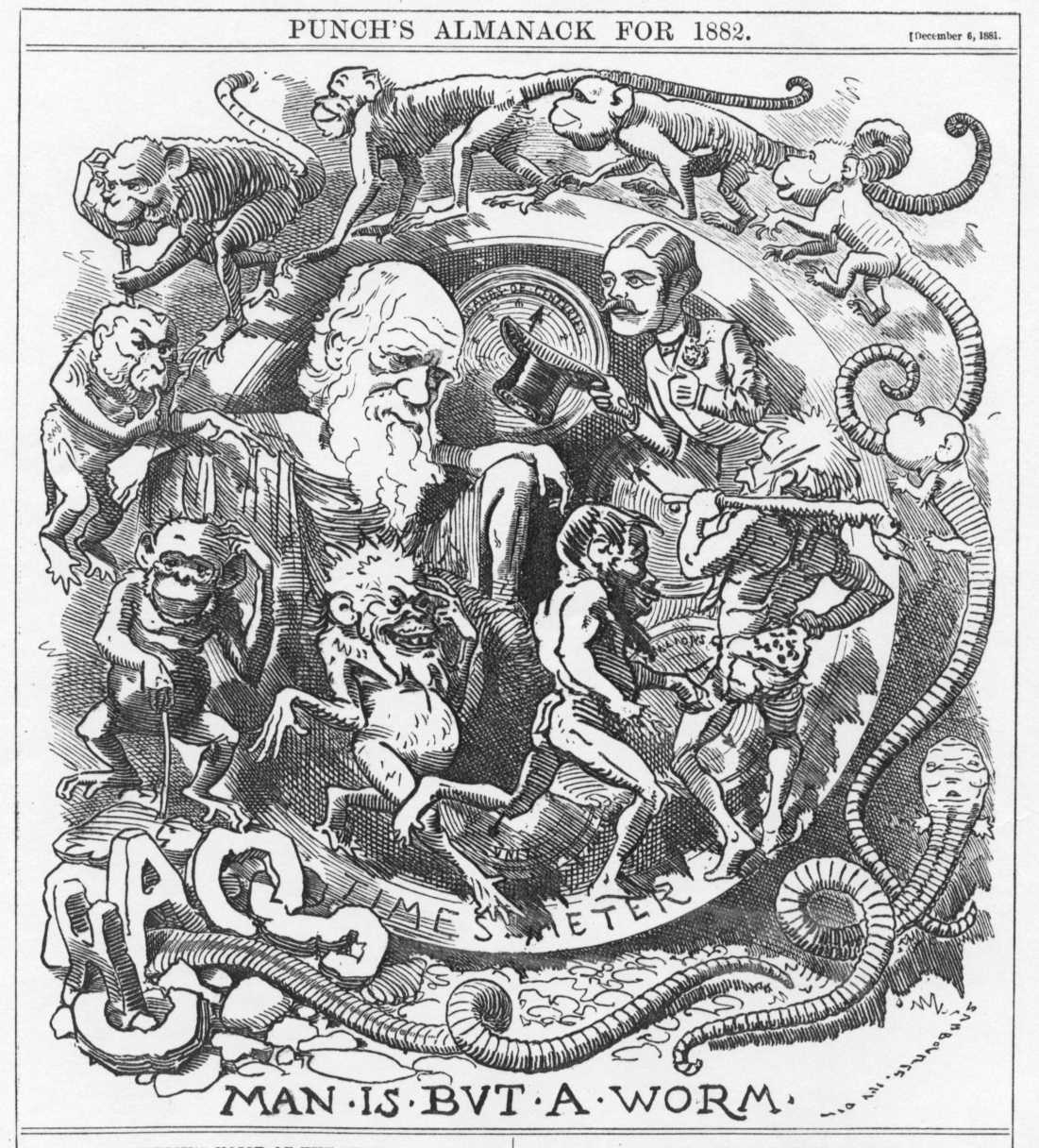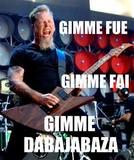 |
||||||
 |
||||||
|
||||||
| Dit topic is 40 pagina's lang: 1 2 3 4 5 6 7 8 9 10 11 12 13 14 15 16 17 18 19 20 21 22 23 24 25 26 27 28 29 30 31 32 33 34 35 36 37 38 39 40 |
||||
| Auteur: |
|
|||
|
Drank met xtc beter dan joint met xtc NIJMEGEN - De meeste mensen die wel eens een xtc-pilletje slikken, gebruiken daar ook drank, drugs of een combinatie van beide bij. Uit onderzoek is nu gebleken dat een paar drankjes bij een xtc-tablet beter is dan alleen een pil slikken. Een joint en een pil is geen gezond idee, zegt biomedicus Glenn Dumont van de Radboud Universiteit in Nijmegen. Dumont promoveert volgende week op zijn onderzoek naar het effect van drank of drugs op het gebruik van xtc. Xtc zorgt voor een hogere lichaamstemperatuur en hartslag. Gevaarlijk Een paar glazen drank temperen dat effect, wat beter is voor de gezondheid. Cannabis versterkt de bijwerkingen juist en dat is gevaarlijk. Cannabis zorgt er overigens ook voor dat het prettige gevoel dat xtc geeft wordt versterkt, aldus de onderzoeker. Love drug Wegens het prettige gevoel heet xtc ook wel de 'love drug'. Dumont ontdekte dat er oxytocine vrijkomt in de hersenen door het innemen van xtc. Oxytocine is ook in sprayvorm verkrijgbaar en kan dus mogelijk in de toekomst een oplossing zijn voor aandoeningen, die tot emotionele problemen leiden. En dat, als ik 'em dan in m'n mond stop en ik bijt, doorbijt, dattie dan zo ineens bwehlehlee whe. Zo loopt, in m'n mond. Dus dat het nat wordt en zoet, in m'n mond. Dát wil ik. |
|||||||||
|
quote: Ik vraag me af hoe hij tot deze conclusie komt, door experimenten met proefpersonen of met andere lab technieken. Nu kun je meestal wel een biertje erbij drinken maar daar heb je meestal toch minder trek in en kan je misselijk maken, terwijl een wietje geweldig kan aansluiten op het effect en eventuele misselijkheid kan verminderen(bij goede MDMA heb je dat niet zomaar). Als je nu met een wietje geen 2e pil neemt dan lijkt me die combinatie toch beter. Daarnaast is dat stukje met oxytocine een beetje raar, dit is op de markt als neusspray om beter te kunnen lacteren.(komt bij intimiteiten vrij, en een baby aan je tepel is dat best wel). Die spray is wel een beetje raar om toe te dienen als je van iemand wilt houden ofzo ♂ <o((((>< <o((((>< <o((((>< ♀<o(((>< <o(((>< |
|||||||||
|
quote: Misschien is het omdat ik ook echt wou stoppen, ik had er ook geen plezier meer in, en vond het niet eens lekker meer. Ik maak me meer zorgen voor over een maand ofzo, ik ken mezelf, helaas, maar dat zien we dan wel weer. |
|||||||||
|
Nou ja, een keertje kan toch best? Zolang je maar niet denkt ik moet, ik moet. En het dus niet weer een gewoonte wordt. En dat, als ik 'em dan in m'n mond stop en ik bijt, doorbijt, dattie dan zo ineens bwehlehlee whe. Zo loopt, in m'n mond. Dus dat het nat wordt en zoet, in m'n mond. Dát wil ik. |
|||||||||
|
quote: vaak beginnen mensen weer na een maand of 2. Ik ook altijd voorheen !! IMA LETCHU GET A SHOT BUT IMA GO FIRRS PUT IN REVERSE LEMME SEE YUH FOOTWORK |
|||||||||
|
Mijn grote voordeel is dat ik in een klein dorp woon, en 20 minuten in de auto moet zitten voor ik bij een shop ben, en aangezien ik aartslui ben, is me dat gewoon te veel moeite, hehe. Ik zie over een tijdje wel weer verder, ik wil het eerst gewoon een tijdje volhouden, inderdaad vanwege het te gemakkelijk in oude patronen vervallen. tot nu toe vind ik het allemaal wel prima, plus dat ik nu al merk dat het me bakken met geld scheelt. |
|||||||||
|
Elite, jij snapt dit soort zaken: het wordt aankomende week aardig koud en nat, maar mijn toppen zijn pas ongeveer voor een kwart verkleurd...Nu oogsten of beter nog een weekje of anderhalf laten staan en hopen dat er geen schimmel in komt? [Dit bericht is gewijzigd door Panzerke op 03-10-2009 2:59] come down easy || http://www.last.fm/user/Panzerke |
|||||||||
|
is het mogelijk om een plasticje te spannen zodat ze niet nat worden, dat scheelt ook veel. Voor de rest heb ik niet veel ervaring met dat rijpen enzo, veel planten zijn gejat dit jaar op wietforum.nl kun je ook veel vinden erover [Dit bericht is gewijzigd door ElitE op 03-10-2009 14:03] ♂ <o((((>< <o((((>< <o((((>< ♀<o(((>< <o(((>< |
|||||||||
|
Uiteindelijk de verkeerde keuze gemaakt en ze toch nog even buiten laten staan --> her en der wat toprot. Nu een paar uurtjes geknipt en ik heb toch nog erg veel goede toppen over, plus nog een hele plant te gaan. Hopelijk gaat het drogen wel goed zonder nog meer schimmel, maar dat zie ik tegen die tijd wel weer. Waarschijnlijk ga ik er maar wat vrienden gelukkig mee maken want dit krijg ik in geen eeuwigheid op. -edit: planten gejat uit je tuin? Dat is hier in het wooncomplex ook aan de orde van de dag. Ik woon gelukkig zo afgelegen dat ik gespaard ben gebleven. [Dit bericht is gewijzigd door Panzerke op 07-10-2009 15:22] come down easy || http://www.last.fm/user/Panzerke |
|||||||||
|
jup en dan ook nog van meerdere locaties, behoorlijk klote, misschien hebben we nog een karig beetje van 1 plant. Nouja niet zeuren vorig jaar maakt nog veel goed haha. ♂ <o((((>< <o((((>< <o((((>< ♀<o(((>< <o(((>< |
|||||||||
|
Tering ik zit even een stick te roken met een minimale hoeveelheid van de kristallen die op mijn handen en de schaar zaten, toch ietsje sterker dan ik verwachtte. Pff... come down easy || http://www.last.fm/user/Panzerke |
|||||||||
|
ik kwam van de week nog een flinke doos knipafval tegen, ik had het al een tijd laten staan voor spacecake ofzo maar alweer vergeten en vond het al te oud, toen kwam een vriend van me ermee aanzetten en wou er een joint van draaien, maar was echt sterk spul haha, toch ook een ander effect als het ouder is. ♂ <o((((>< <o((((>< <o((((>< ♀<o(((>< <o(((>< |
|||||||||
|
Ik heb hier ook nog knipafval liggen. Binnenkort boter maken en dan muffins met appel. |
|||||||||
|
Gisteren met een paar hydroxycut in mijn mik de stad in geweest, het is dan wel geen "drugs" maar wat heb een energie heb je zeg. Against God and Government |
|||||||||
|
en waarom is dat dan geen drugs? ♂ <o((((>< <o((((>< <o((((>< ♀<o(((>< <o(((>< |
|||||||||
|
Vandaag vijf weken clean, feestje! |
|||||||||
|
en hoe voelt het dat je weer herrineringen kunt aanmaken? ♂ <o((((>< <o((((>< <o((((>< ♀<o(((>< <o(((>< |
|||||||||
|
quote: Geen idee, het werkt als een tiet in ieder geval Against God and Government |
|||||||||
|
Ik denk dat het niet eens zo heel veel verschilt van andere oppeppende middelen zoals ephedra en speed. Vraag me af hoe lang het duurt voordat het verboden is, in amerika heb je al wat incidenten ermee gehad. Maar goed dat is logisch met zoveel gebruikers 15% van de bevolking zit aan dieetpillen waarvan deze de populairste is. [Dit bericht is gewijzigd door ElitE op 11-10-2009 18:23] ♂ <o((((>< <o((((>< <o((((>< ♀<o(((>< <o(((>< |
|||||||||
|
quote: http://www.rnw.nl/english/article/dutch-cocaine-ultimate-weapon |
|||||||||
|
En dat, als ik 'em dan in m'n mond stop en ik bijt, doorbijt, dattie dan zo ineens bwehlehlee whe. Zo loopt, in m'n mond. Dus dat het nat wordt en zoet, in m'n mond. Dát wil ik. |
|||||||||
|
♂ <o((((>< <o((((>< <o((((>< ♀<o(((>< <o(((>< |
|||||||||
|
 Die donkerharige rechts is een mooie meid hoor Due to recent budget cuts and the continued decline of the economy, please note that The Light at the End of the Tunnel has been turned off. |
|||||||||
|
 Koekwaus voor de winst! [Dit bericht is gewijzigd door Heiden op 25-10-2009 16:53] Een Betekenisloos Bestaan in de Onmeetbare Enormiteit van Ruimte en Tijd. |
|||||||||
| Dit topic is 40 pagina's lang: 1 2 3 4 5 6 7 8 9 10 11 12 13 14 15 16 17 18 19 20 21 22 23 24 25 26 27 28 29 30 31 32 33 34 35 36 37 38 39 40 |
| Index / Algemeen |
http://www.zwaremetalen.com
Powered by ZwareMetalen [PHP] Forum Versie 2.15.0
Optimized for Internet Explorer 6.0 SP2+ / Opera 8+ / Firefox 1+
© 2001 - 2026 Stichting ZwareMetalen
Powered by ZwareMetalen [PHP] Forum Versie 2.15.0
Optimized for Internet Explorer 6.0 SP2+ / Opera 8+ / Firefox 1+
© 2001 - 2026 Stichting ZwareMetalen





